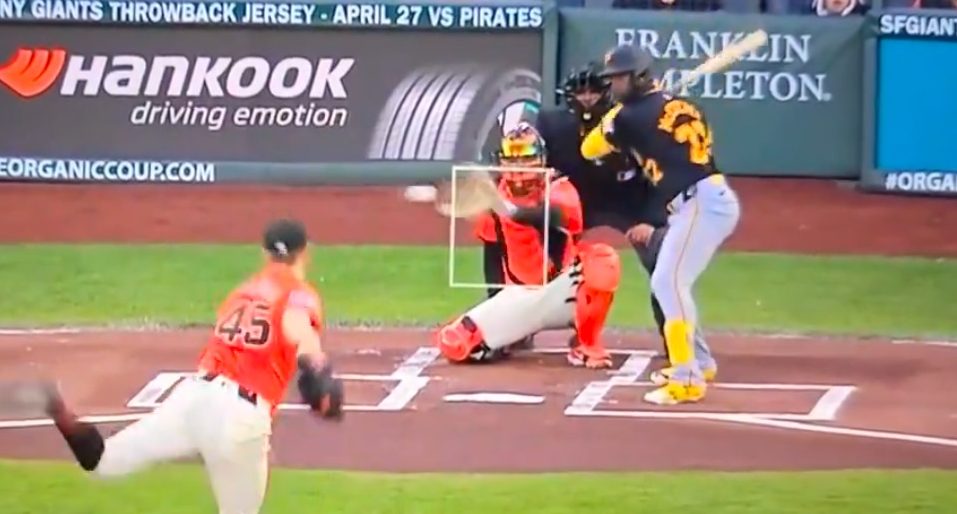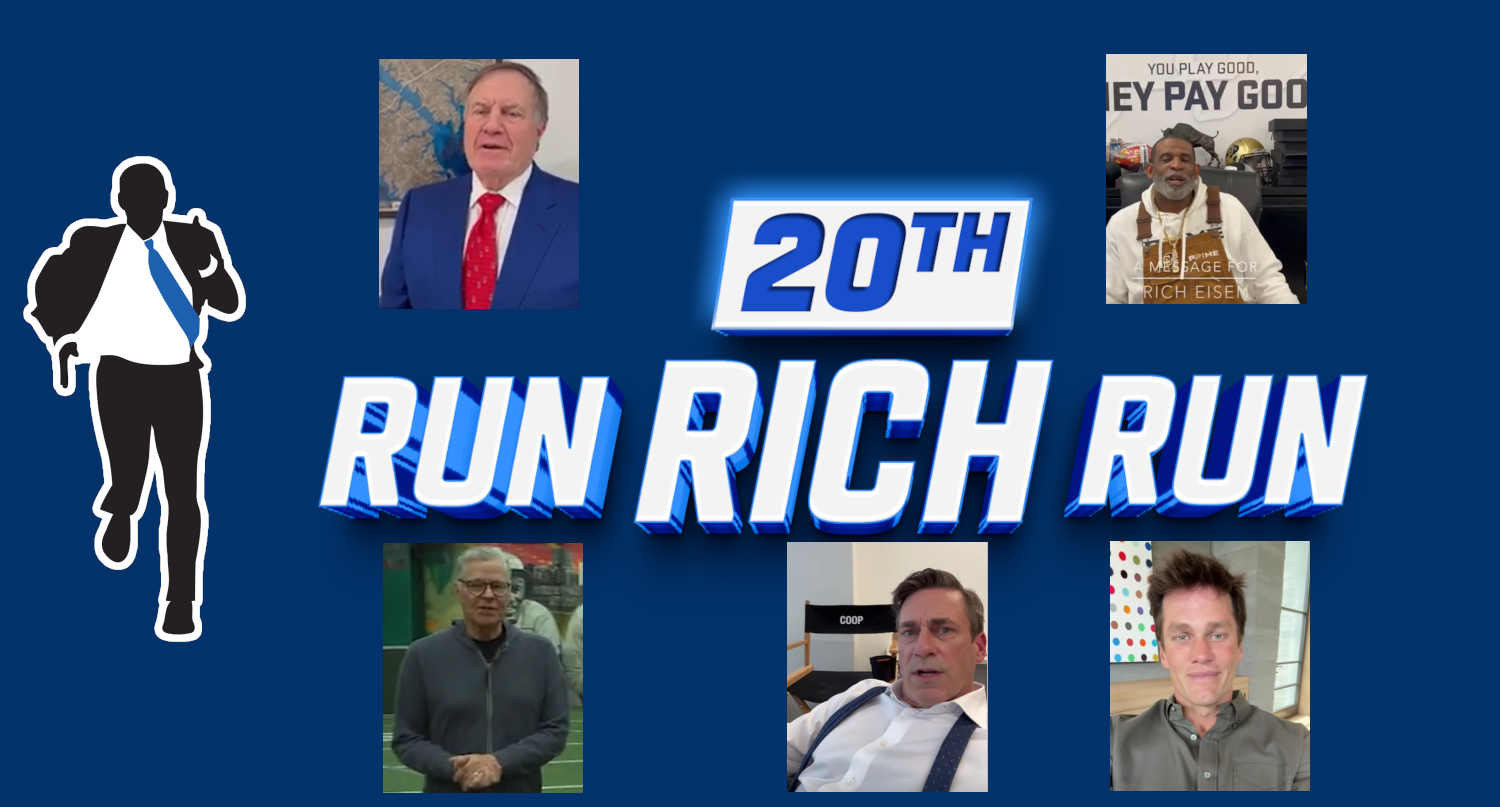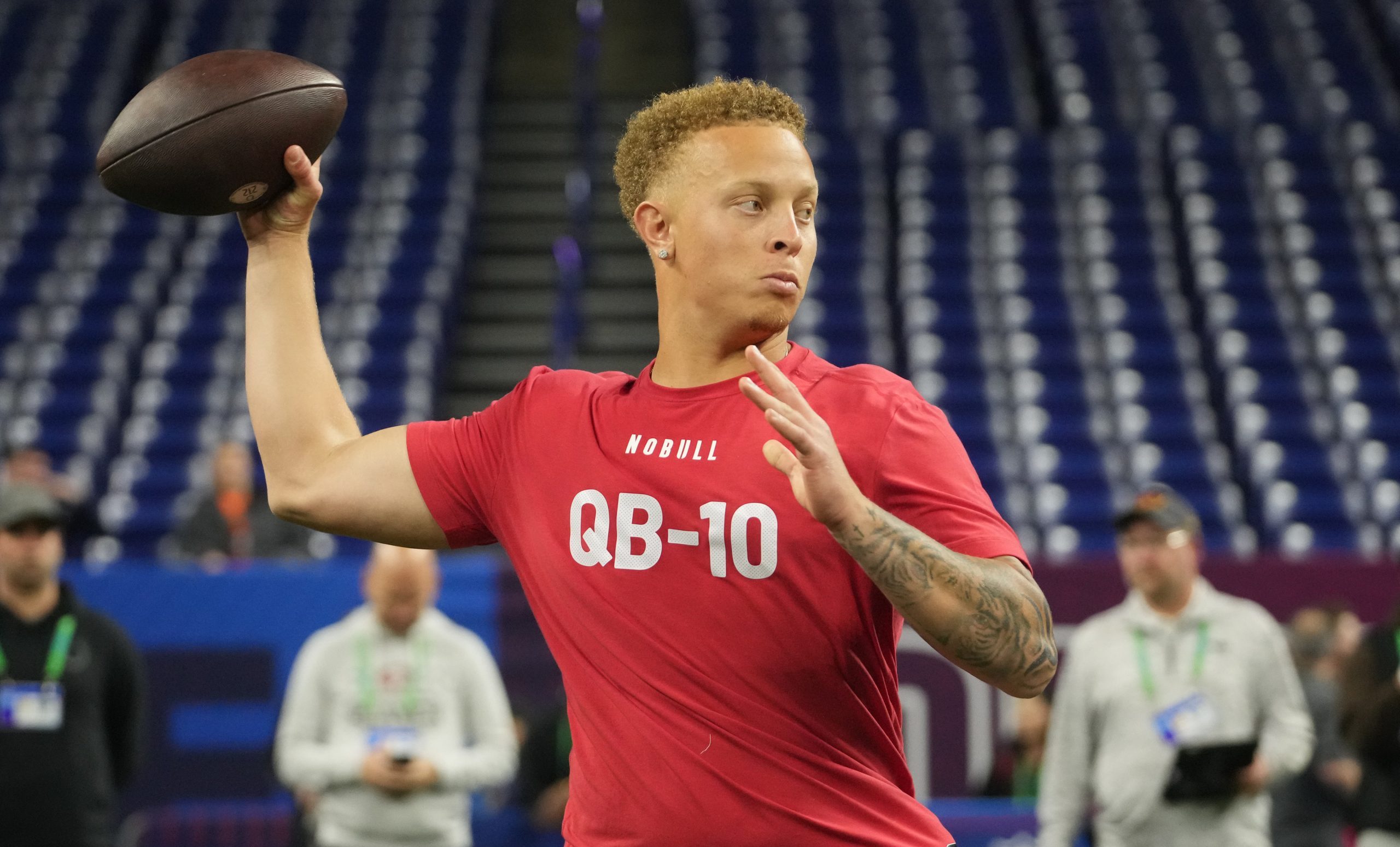Watching The Golden Boy is like eavesdropping on an intense therapy session. One minute you feel profoundly sad, another minute you cringe, and when it’s all over you’re left wondering what the truth is.
In the two-part HBO documentary, Oscar De La Hoya admits to lying about some of his life’s more famous and infamous details. What a journey it has been. At one point, De La Hoya (39-6, 30 KOs) was the biggest boxer in America, winning 11 world titles in six weight classes before retiring in 2009. For a while, he was one of the most recognizable people on the planet. The Golden Boy was a magazine cover boy and a coveted baby-faced pitchman for products.
In boxing, every fighter has an image to sell. Without it, you’re just a guy who makes a living in his underwear. De La Hoya’s image and nickname was The Golden Boy, a young sensation with pretty looks from Los Angeles who fulfilled his late mother’s dream by winning an Olympic gold medal. His career ascended to extraordinary heights from there, making him millions and becoming an American hero.
All origin stories have an element of mythology. Now at the age of 50, De La Hoya says he’s ready to confess. The Golden Boy opens up with him, filmed in black and white, speaking about his “true emotions” and wanting to “free” himself.
“The last 45 years have been pretty dark,” De La Hoya says to the camera.
The documentary, directed by Fernando Villena, doesn’t pull any punches. It is a compelling raw look at a complicated man who seems to be still struggling for answers. Perhaps that’s what happens when your career starts with a huge untruth. We’re not going to spoil it for you, but it’s a surprising revelation that calls into question a lot about the man. Even more shocking, it wasn’t even his boldest lie which involved cross-dressing and blackmail. The Golden Boy reveals the tarnish behind the icon.
It’s not unusual for boxers to come from challenging family backgrounds. But that was never the image De La Hoya wanted the public to see—until now. In the documentary, he speaks candidly about being physically abused by his mom. And while that pain and anger played a role in his rise to becoming a champion, it also came at a cost. Those scars have still clearly not healed.
There’s a point in The Golden Boy when De La Hoya breaks down and cries while watching one of his matches, saying: “I can see myself fighting and I don’t even know why I’m fighting.”
That moment rings true and might help to explain why De La Hoya fell for the trapping of fame. He has battled substance abuse, has been involved in dysfunctional relationships, and worse. The Golden Boy addresses multiple sexual assault allegations against De La Hoya, one of which was settled out of court. De La Hoya maintains his innocence in the documentary.
For someone who has been boxing since he was 6, De La Hoya should know how to defend himself better. But in The Golden Boy, you’re often unsure what to believe. He remains involved in the sport as a promoter, so he’s still selling an image.
He says: “The media created this person, but I didn’t know who I was.”
De La Hoya insists he’s telling the truth now. It’s up to you whether you buy what he’s selling.
The Golden Boy’s executive producers include Mark Wahlberg. Part One debuts Monday, July 24 at 9 p.m. ET/PT), followed by Part Two on Tuesday, July 25 at the same times on HBO. Both episodes will be available to stream on Max July 24 at 9 p.m.







